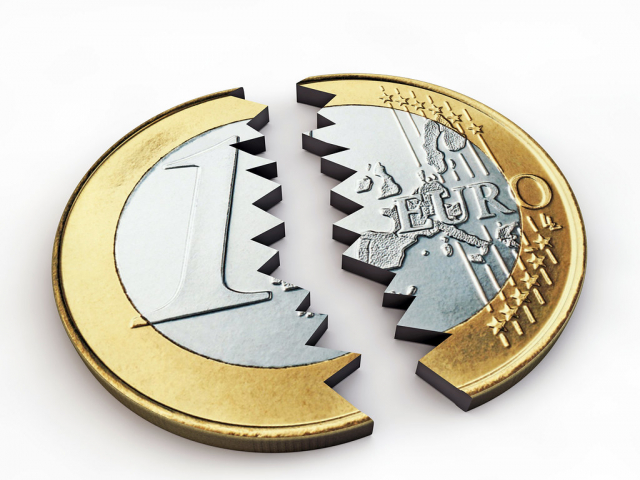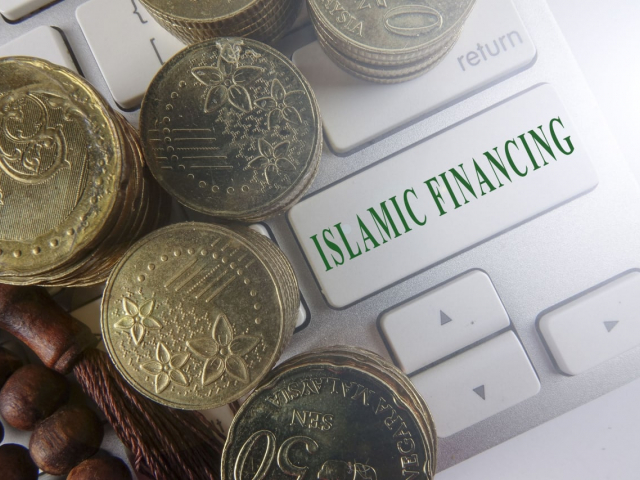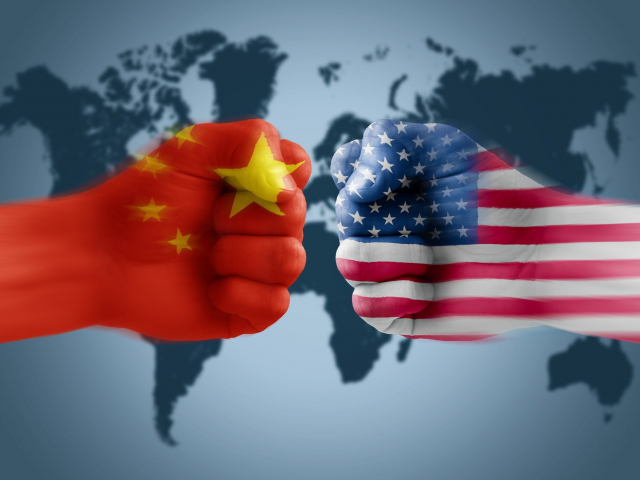
Top 7 winter drinks from around the world
Winter is the perfect time to curl up in a warm blanket and enjoy drinks that bring coziness and holiday cheer. Here are seven winter drinks that are perfect for cold days




Eurozone collapse
A decade ago, numerous analysts speculated on the potential collapse of the eurozone. The catalyst for such concerns stemmed from the economic challenges faced by Greece, which, due to stringent measures (including a 50% deposit reduction, 70% pension cuts, and unemployment rates ranging from 40% to 50%), managed to remain within the eurozone. However, this issue waned in significance over time. Presently, experts and market participants have reignited discussions on this matter. The focus has shifted to the sovereign debts of European countries, with an additional concern regarding the potential exits of Spain, Italy, and France from the eurozone. Should such exits occur, there would be a sharp strengthening of the dollar, accompanied by a substantial increase in the price of gold. Specialists suggest that sovereign debts might be recalculated in national currencies, tantamount to a sovereign default. In this scenario, Europe would confront a profound banking crisis, jeopardizing the viability of key financial institutions in multiple Eurozone countries.

Global oil market challenges
In the current year, oil-exporting nations have showcased coordinated production cuts, but the situation may change. Some have endeavored to diversify from the US dollar in their mutual settlements, yielding varying degrees of success. Earlier speculations by some analysts about the potential loss of reserve currency status for the US currency and a shift away from trading oil exclusively in US dollars have not happened. Regarding OPEC+ quotas, there is a potential adverse impact on the US economy, particularly in the lead-up to the presidential elections. Numerous experts argue for the need to reform OPEC+, suggesting that the current voting system in the cartel, adhering to the "one country, one vote" principle, might not be the most equitable. Proposals for a fairer approach involve distributing votes in proportion to production or exports. There is a possibility that OPEC+ might adopt such a method in the future.

New pandemic
Four years ago, the global economy faced a significant challenge with the onset of the COVID-19 pandemic. The repercussions were felt across production, the real sector, and stock markets. To mitigate the adverse effects of COVID-19, central banks worldwide turned to the printing press. Amid the pandemic, vaccine and drug manufacturers emerged as victors. However, despite the temporary respite, some virologists foresee a new and more severe pandemic. In such a scenario, a recurrence of previous stages becomes plausible: the implementation of new quarantine restrictions, human casualties, and the development of new drugs and vaccines, followed by the struggle against the adverse consequences of the pandemic. Global trade and financial markets are poised to be severely impacted. Nevertheless, there is no cause for despair. Humanity stands to gain from the experience of combating COVID-19. However, the global economy remains susceptible to the onset of a recession, a steep increase in unemployment, and collapses in stock and commodity markets.

Islamic finance hub in Turkey
In the medium term, Turkey aims to establish a global center for Islamic finance, with Istanbul as its focal point. This endeavor is expected to receive widespread support from the majority of the 2 billion Muslims worldwide. Analysts note that investors from Islamic countries are particularly keen on implementing this plan. Experts believe that this initiative is geared towards revitalizing the Ottoman Empire, albeit in the realms of economics and finance. The influx of capital into Istanbul from conventional financial centers is poised to trigger significant turbulence in global financial markets. This turbulence, especially in stock markets, is anticipated to have tragic consequences for several countries and major financial institutions.

Taiwan to become apple of discord between China and US
Potential military confrontation between China and the US, two nuclear powers, could lead to tragic consequences. Such a situation would negatively impact the global economy and civilization as a whole. It is undeniable that Moscow will side with Beijing. However, the situation with China, one of the main creditors of the US, is complex. Analysts certainly hope for the triumph of common sense and a rational approach by both leaders, avoiding pushing the planet into a nuclear war. Nevertheless, the outcome of the US-China standoff will result in the fragmentation of the world into several military-economic blocs.

Digital technologies to become foundation of global market
According to several analysts, in the near future, the business world will transition to digital technologies. Currently, digitization is actively utilized in various industries. Many countries are adopting digital currencies, including national ones (the digital euro, digital ruble, etc.). In the coming years, digital currency will be in use among the top twenty economies globally. In such a scenario, significant changes await the world of finance, commodities, and stock markets. The status of the dollar and the euro, as well as the US as the primary stock market, will be in question.

Winter is the perfect time to curl up in a warm blanket and enjoy drinks that bring coziness and holiday cheer. Here are seven winter drinks that are perfect for cold days

Despite the widespread belief that ultra-wealthy individuals are leaving big cities in search of privacy, most still prefer to live in bustling metropolises, according to the latest billionaire census conducted by Altrata. Let's explore which cities today have the largest concentration of people with a fortune exceeding $1 billion

The European Union currently includes 27 member states, but the interest in joining continues to grow, with an increasing number of countries aspiring to become part of the bloc. This article highlights the countries advancing toward European integration and examines where they stand on this path